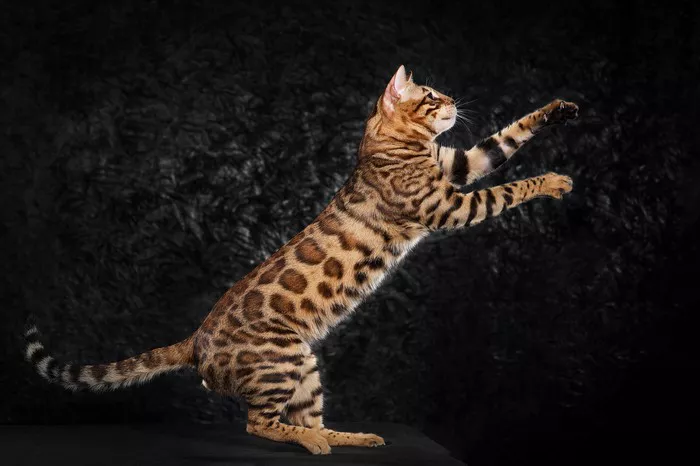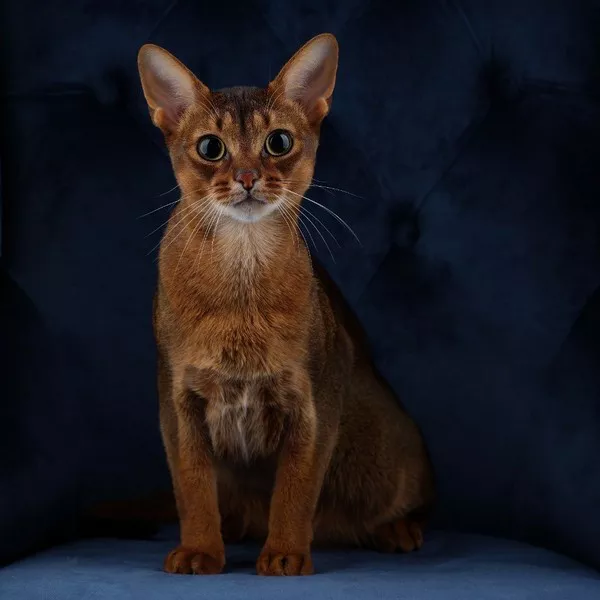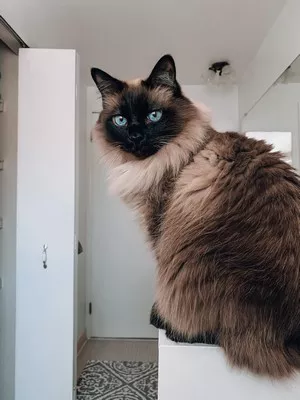Bengal cats are a unique and exotic breed that have become increasingly popular among cat enthusiasts in recent years. With their striking coat patterns and intelligent personalities, it’s easy to see why these cats are so beloved. However, as with any pet, there are both pros and cons to owning a Bengal cat. In this article, we will explore some of the most significant cons of owning a Bengal cat.
1. High Energy Levels
One of the defining characteristics of Bengal cats is their high energy levels. These cats are incredibly active and require a lot of stimulation to stay happy and healthy. If you’re looking for a lap cat that will spend most of its time napping, then a Bengal cat may not be the right fit for you.
To keep your Bengal cat engaged and entertained, you’ll need to provide plenty of toys and playtime. This can be especially challenging if you have a busy schedule or other pets to care for. Without enough stimulation, Bengal cats can become bored and destructive, which can result in damaged furniture and other household items.
2. Need for Attention
In addition to their high energy levels, Bengal cats also require a lot of attention from their owners. These cats are known for being affectionate and social, and they thrive on human interaction. If you’re someone who works long hours or travels frequently, a Bengal cat may not be the best choice for you.
If you do decide to get a Bengal cat, be prepared to spend a lot of time playing with and cuddling your pet. You’ll also need to provide plenty of socialization opportunities, such as playdates with other cats or trips to the park.
3. Aggressive Behavior
Bengal cats can be more aggressive than other breeds of cats, which can be a turnoff for some potential owners. This behavior is often due to their high energy levels and need for stimulation. If you don’t provide enough outlets for your Bengal cat’s energy, they may become aggressive towards other pets or family members.
To prevent aggression in your Bengal cat, it’s important to provide plenty of playtime and socialization opportunities. You may also want to consider training your cat to redirect their energy towards toys and other objects rather than people or animals.
4. Health Issues
Like all breeds of cats, Bengal cats are prone to certain health issues. These can include hip dysplasia, heart disease, and eye problems. Additionally, some Bengal cats may carry a genetic mutation that makes them more susceptible to developing a certain type of kidney disease.
To keep your Bengal cat healthy, it’s important to schedule regular check-ups with your veterinarian. You should also be prepared to invest in high-quality food and supplements to support your cat’s overall health.
5. High Cost
Bengal cats are one of the most expensive breeds of cats, with prices ranging from $1,000 to $10,000 or more. This is due in part to their unique coat patterns and high demand among pet owners. In addition to the initial cost of buying a Bengal cat, you’ll also need to factor in ongoing expenses such as food, litter, and veterinary care.
If you’re on a tight budget, a Bengal cat may not be the best choice for you. However, if you’re willing to invest in a high-quality pet, a Bengal cat can be a rewarding and enjoyable addition to your household.
6. Noisy Behavior
Bengal cats are known for being quite talkative, which can be a pro or a con depending on your perspective. Some owners love the chatty nature of Bengal cats, while others find their constant meowing to be annoying or distracting.
If you’re sensitive to noise or live in an apartment complex, a Bengal cat may not be the best choice for you. However, if you enjoy the company of talkative pets, a Bengal cat can be an entertaining and engaging companion.
7. Maintenance
Bengal cats require regular grooming to keep their coats healthy and shiny. This includes brushing their fur at least once a week to remove dead hair and prevent matting. You’ll also need to trim your cat’s nails regularly and clean their ears to prevent infections.
If you don’t have the time or desire to perform regular grooming tasks, a Bengal cat may not be the best choice for you. However, if you enjoy spending time taking care of your pet, these grooming tasks can be a fun and rewarding way to bond with your cat.
Conclusion
Bengal cats are a unique and fascinating breed that can make great pets for the right owners. However, there are also several cons to owning a Bengal cat that potential owners should be aware of before making a decision. These include high energy levels, a need for attention, aggressive behavior, health issues, high cost, noisy behavior, and maintenance requirements.
If you’re considering getting a Bengal cat, it’s important to do your research and consider whether you’re prepared to meet the needs of this unique breed.


























